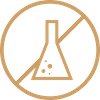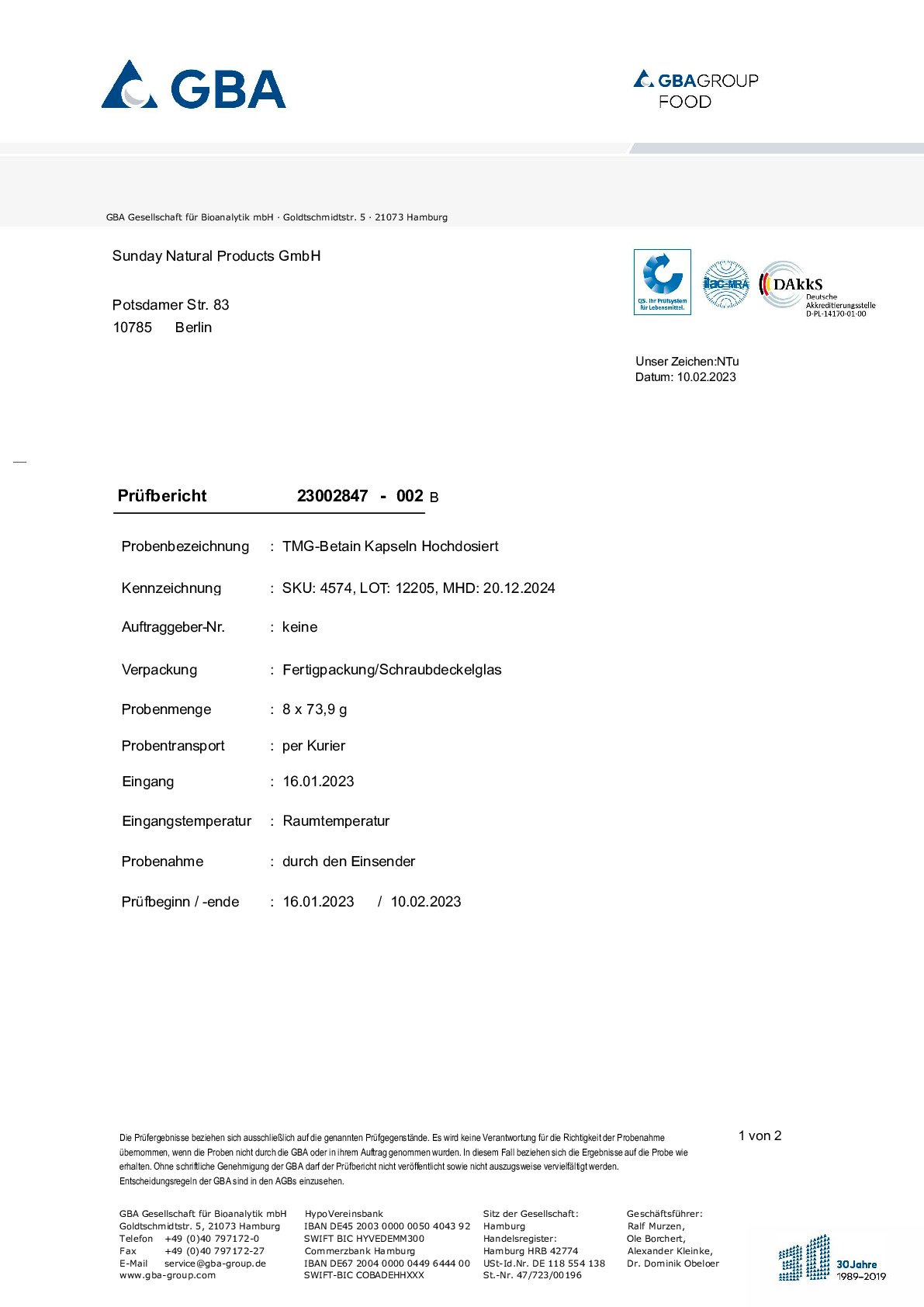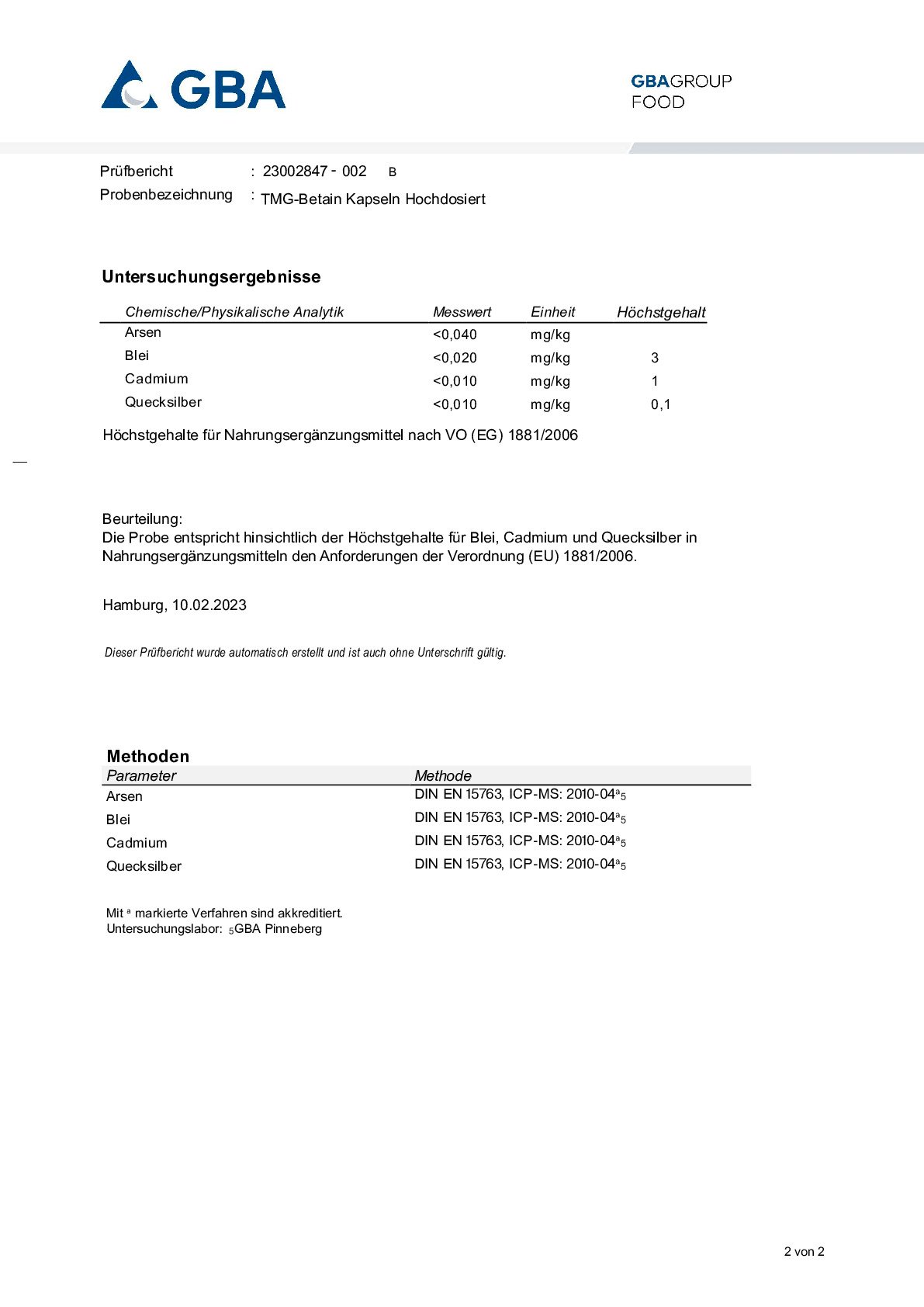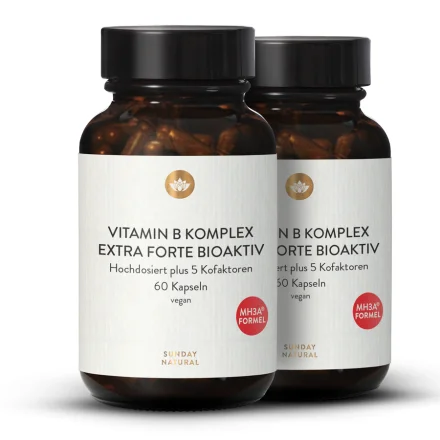Betaine
Betaine, also known as trimethylglycine (TMG), is produced by the body through the oxidation of choline, a compound which was, until recently, known as vitamin B4 and counted among the B vitamins. TMG betaine is an activated form of choline.
Due to its 3 methyl groups, betaine is an important methyl donor. Among many functions, these methyl groups contribute to the endogenous synthesis of creatine, methionine, lecithin and carnitine as well as the conversion of homocysteine, a harmful amino acid, into methionine. Betaine thus contributes to the reduction of homocysteine levels. The production of methionine also supports the synthesis of S-adenosyl methionine, a central methyl donor in humans which plays a role in numerous reactions.
According to the European Food Safety Authority (EFSA):
Betaine contributes to:
- Normal homocysteine metabolism































